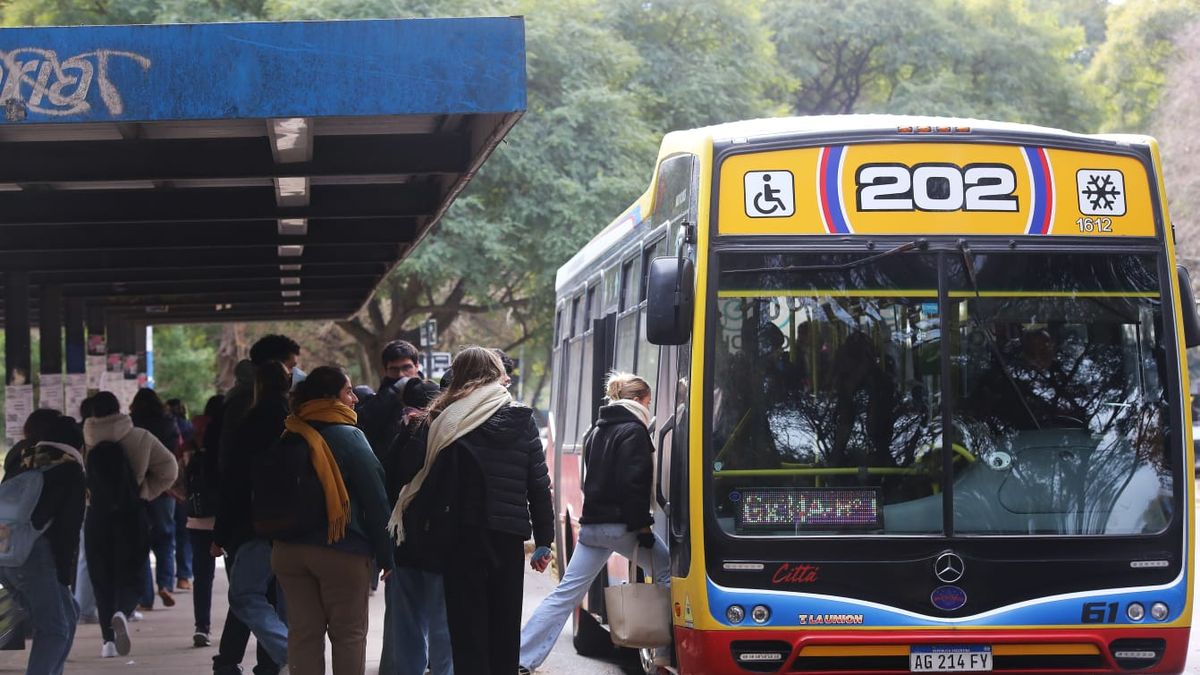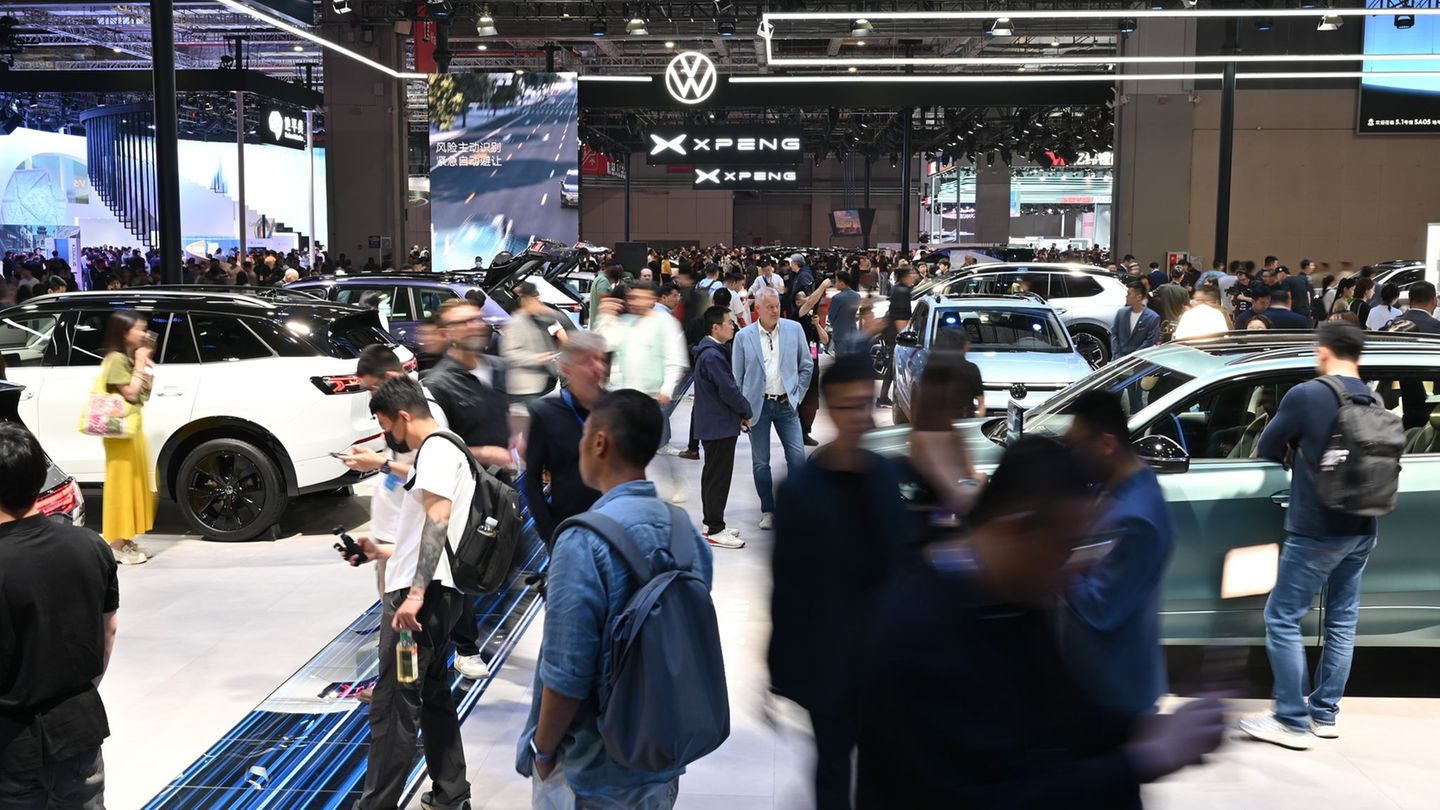Menu
The largest car market China: The Trends of the Mass in Shanghai
Categories
Most Read
The use of installed capacity accumulated nine months below 60% in August
October 15, 2025
No Comments
How much will I earn if I deposit $500,000 today in 30 days?
October 15, 2025
No Comments
what is the new amount for October 2025
October 15, 2025
No Comments
Carlos Melconian warned that a macroeconomic change is coming after the elections
October 15, 2025
No Comments
Scott Bessent said that the total bailout could reach US$40,000 million and bought pesos again
October 15, 2025
No Comments
Latest Posts

Donald Trump threatens to change venues for the 2026 World Cup and the 2028 Olympic Games due to protests against his government
October 15, 2025
No Comments
PierceI am Pierce Boyd, a driven and ambitious professional working in the news industry. I have been writing for 24 Hours Worlds for over five

the ticket will rise 4.1% in November, while the Government accelerates adjustment on subsidies
October 15, 2025
No Comments
After knowing that inflation was 2.1% in Septemberthe highest since April, the percentage increase in the fares of public transport that circulates through the Buenos

Beauty Advent Calendar 2025: These cosmetic calendars are worth it
October 15, 2025
No Comments
CarolineI’m Caroline, a journalist and author for 24 Hours Worlds. I specialize in health-related news and stories, bringing real-world impact to readers across the globe.
24 Hours Worlds is a comprehensive source of instant world current affairs, offering up-to-the-minute coverage of breaking news and events from around the globe. With a team of experienced journalists and experts on hand 24/7.

